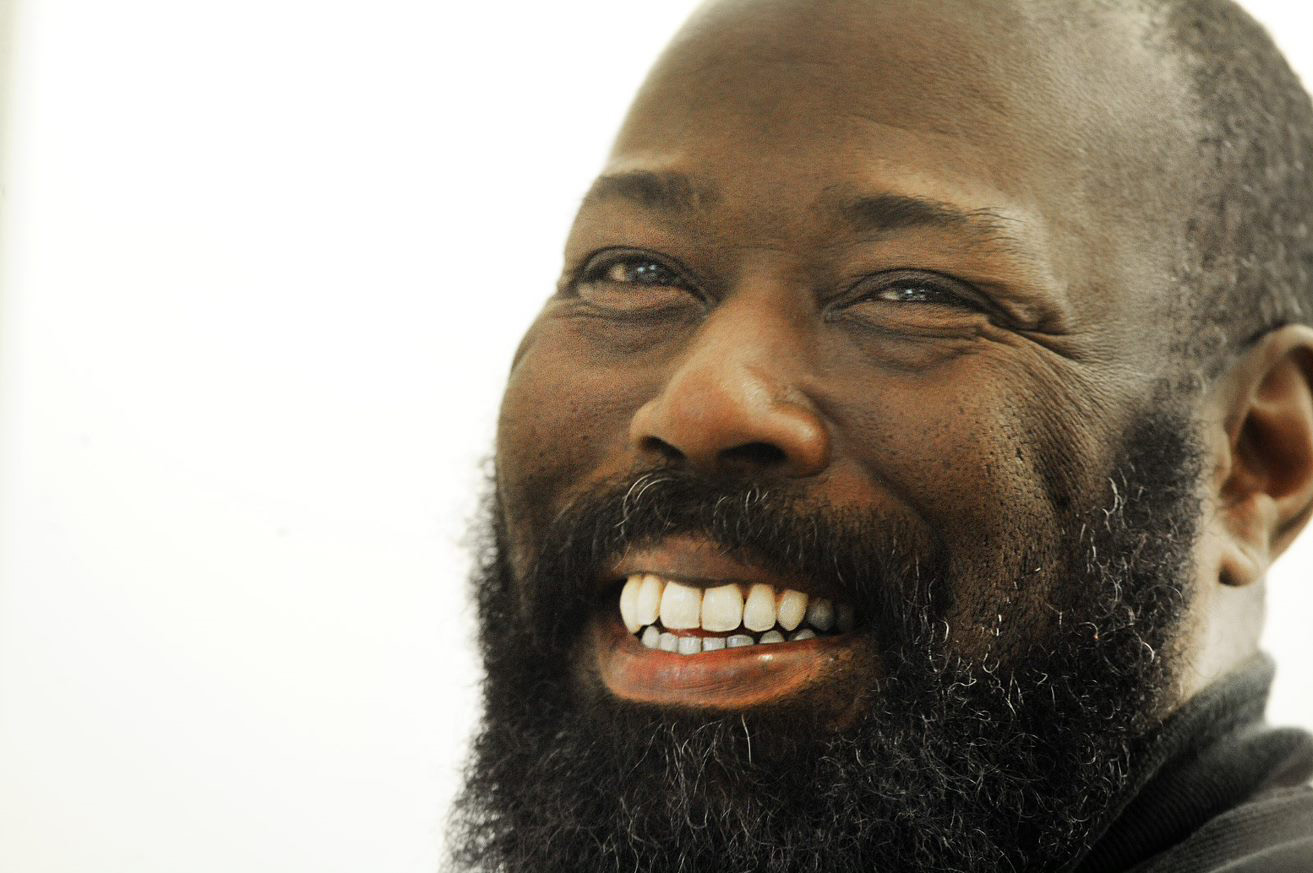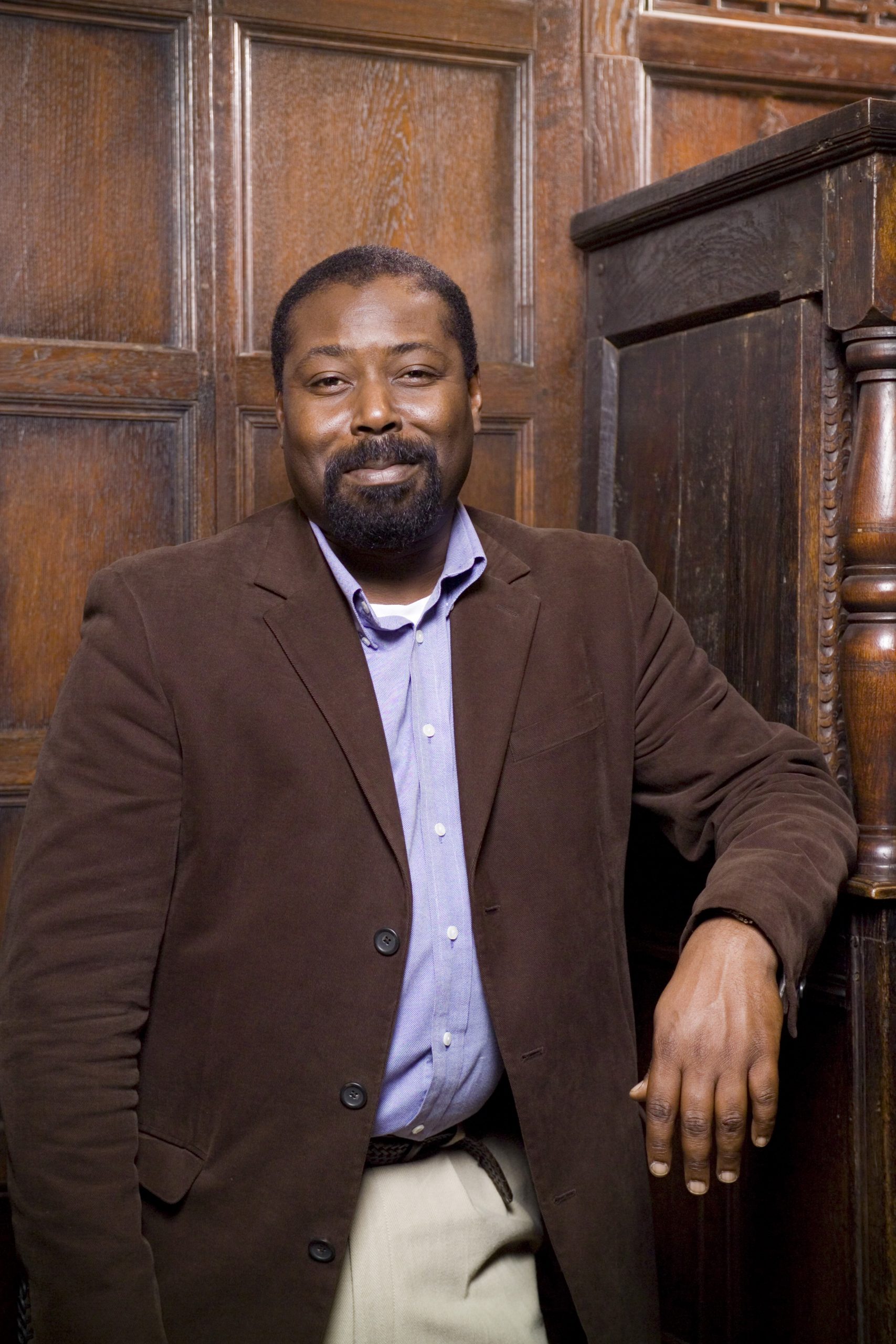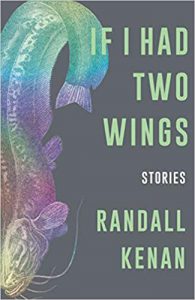
 Bookmark This is a feature that highlights new books by College of Arts & Sciences faculty and alumni, published on the first Friday of each month.
Bookmark This is a feature that highlights new books by College of Arts & Sciences faculty and alumni, published on the first Friday of each month.
In this edition we pay special tribute to the late Randall Kenan’s book If I Had Two Wings: Stories (W.W. Norton & Company, August 2020), which was longlisted for the 2020 National Book Award for Fiction. It was also a finalist for the prestigious Aspen Words Literary Award and named one of the best books of the year by the New York Public Library. Kenan, professor of creative writing in the department of English and comparative literature, died in August, just as this book was being released.

In If I Had Two Wings, Kenan returns to the fictional territory of Tims Creek, North Carolina, with 10 stories, according to the publisher, that “mingle the earthy with the otherworldy [as they] chronicle ineffable events in ordinary lives.”
We asked some of the people who knew Kenan well to comment on the book and his legacy.
What is special to you about Kenan’s love of writing?
“Randall Kenan had more love for the written word than anyone I have ever known. That love was clear in the places you would most expect to find it: in books and magazines, in his student’s stories and in his own. But it extended much further than that — to song lyrics, the text box on his telephone and, yes, obituaries. There was not much he loved more than a well-written obituary, especially one for a writer he loved. Live by the word, die by the word, that’s what he thought. I miss you, Randall Kenan.”
— Daniel Wallace, J. Ross MacDonald Distinguished Professor and director of UNC’s creative writing program
How does If I Had Two Wings carry on his legacy?
“I did not realize until he was gone that all of the titles of the stories in the collection come from gospel songs. Scholars have already written about his relationship to the “Christ-haunted” nature of the South and Southern literature, but his love of the richness of African-American culture in the South, from food to music, and the ways in which this love was central to these stories and his writing in general — that is a big part of his legacy.”
“It has been a long time since I read Let the Dead Bury Their Dead (the very first book for which I was officially the editor), but what struck me at the time was the way it burst out of every expectation of Southern content and form. Perhaps it was a young man’s boundary-breaking book. It certainly freed many other writers to realize that they could write as they damn please. If I Had Two Wings, as I think about it now, is less about breaking boundaries than it is about re-connection, recovering a useable past — drawing on memory, folklore, history, tradition, that heritage of gospel music, finding out that one is not so alien to one’s homeplace as one once thought. [If I Had Two Wings] is the work of a mature man, confident in who he is and where he comes from. It should never have been his “late” work — needless to say, artistic justice required that he live to write many more — but looking at the two books now, I can’t help but see them as paired, like parentheses, and in that way, complete.”
— Alane Salierno Mason (English ’86), vice president and executive editor, W.W. Norton & Company. Mason wrote this piece in Literary Hub on her late friend.
 Do you have a special memory to share about his impact on students?
Do you have a special memory to share about his impact on students?
“In fall 2016, Randall graciously paid a visit to a seminar I taught, ‘Sacred Roots: Voodoo, Hoodoo, Herbalism, and Magic in African American Literature.’ His guest appearance came during the penultimate week of the semester, and while he spoke with my students just after they had completed the first half of his novel, A Visitation of Spirits, they quickly saw it as a masterpiece of style, spiritualism, sexuality and necromancy. The students were especially taken with the main character, Horace, who experiments with hoodoo and magic as he seeks to carve out a place for himself in the world. Given their research on “ethnobotany,” as it has now become fashionable to call folk traditions such as hoodoo and voodoo, the class was interested to learn how Randall had transmuted his research on — and personal experience with — these practices into the novel that would stand as his life’s major work.”
“Randall connected with them as he spoke of attending to the long history of Black folk practices in his fiction, of how he sought to lend texture and veracity to representations of the African American experience from a variety of perspectives, especially that of gay black male sexuality in the African American community. In sharing with them his pathway to becoming a writer and completing Visitation, he helped them see how Black folk-works have, for two centuries and more, fueled the literary imaginations of some of America’s greatest minds.”
— Rebecka Rutledge Fisher, UNC associate professor of African American literature, Black critical theory and comparative literature
Read more about Kenan in this web page the department of English and comparative literature created in his memory.
Nominate a book we should feature by emailing college-news@unc.edu. Find more great books — and holiday gift ideas —by checking out our College books page.
